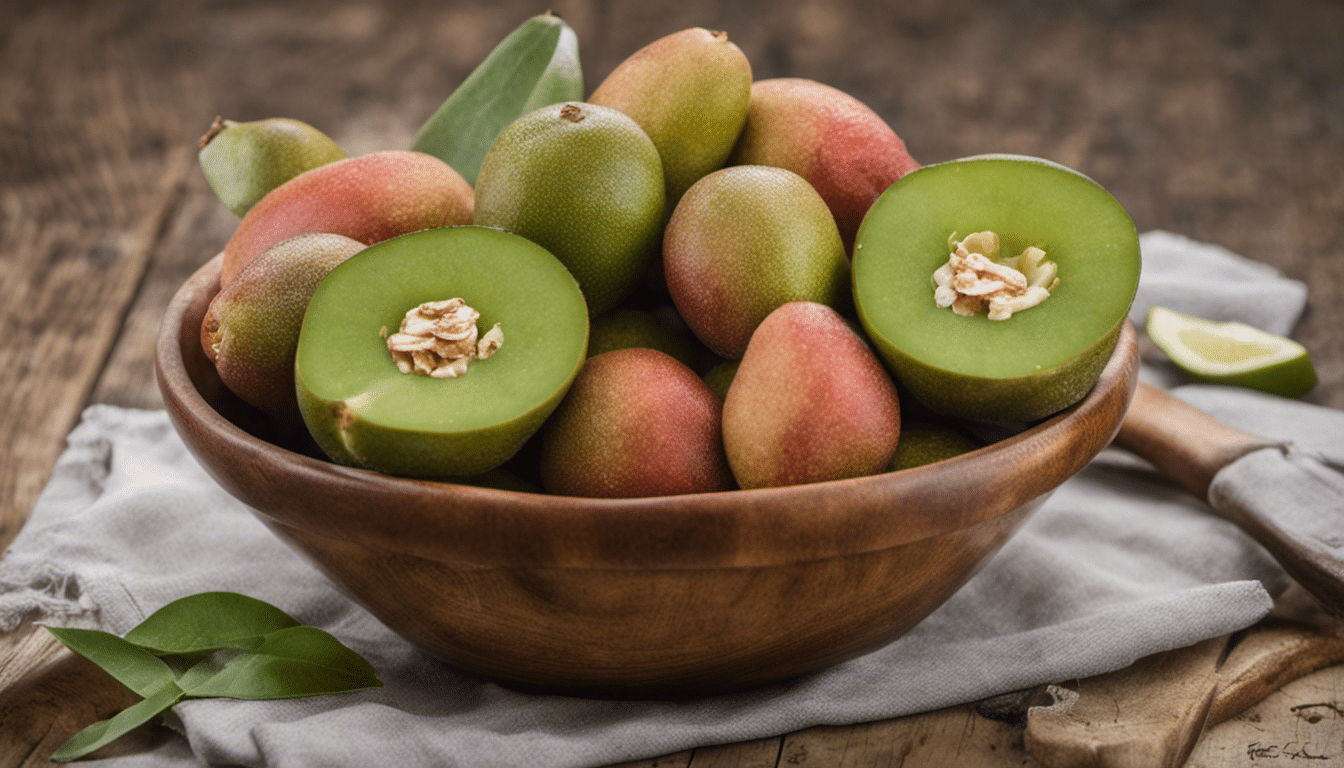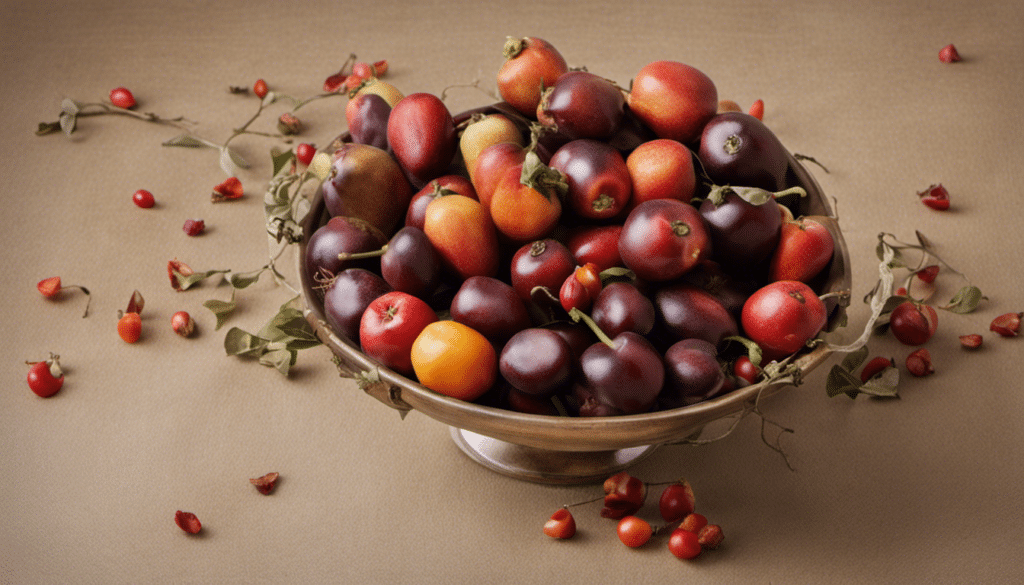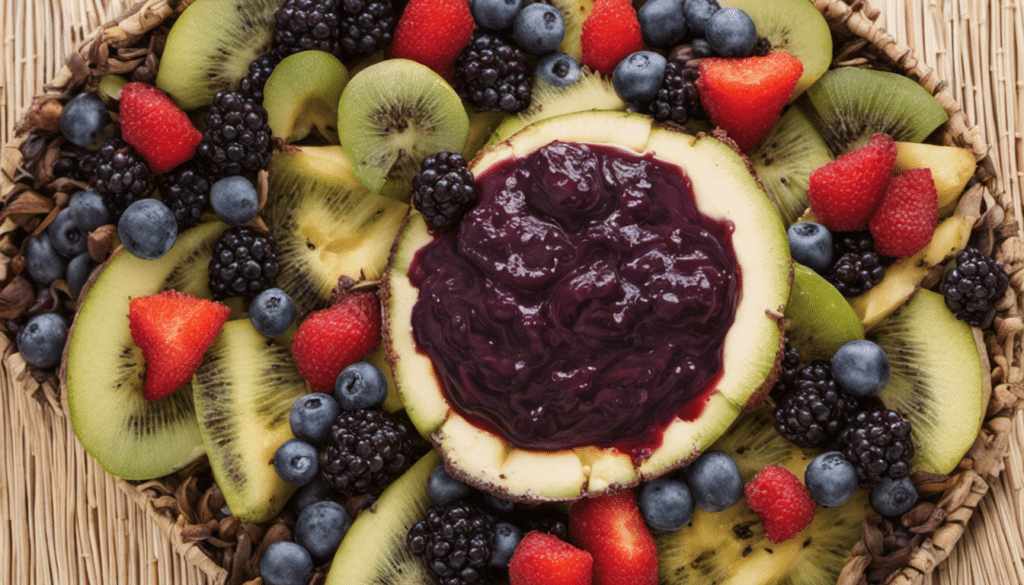All About Feijoas
The culinary world is rich with an abundance of incredible fruits, each with its own unique taste, texture, and health benefits. One such marvel that might not be on your regular grocery list but packs a nutritional punch is the Feijoa, or as it’s more commonly known, the pineapple guava. Native to the highlands of Southern Brazil, this small, green, elliptical fruit has much more to offer than meets the eye.
Understanding Feijoas
The Feijoa is an easy-to-grow plant that loves a sunny spot in the garden and bears fruit in late summer and early autumn. They’re incredibly sweet, with a flavor that can best be described as a blend of pineapple, mint, and apple, with a texture closer to that of a pear. They can be eaten right out of your hand after cutting open or scooped out with a spoon. You might be pleasantly surprised to learn that the skin of the Feijoa is also edible, adding a slight sour contrast to the sweet, aromatic pulp.
Traditionally, Feijoas have been used in a variety of culinary applications. From sorbet and salads to beverages and baked goods, the fruit adds a distinct tropical flair that can jazz up any recipe.
Health Benefits of Feijoas
Lush with the goodness of nature, Feijoas have an extraordinary health profile. They’re a rich source of Vitamin C, a powerful antioxidant that boosts your immune system and protects your skin from damage. An average Feijoa contains about 32.9mg of Vitamin C, which covers around 37% of the daily requirement for an adult. Hence, incorporating this wonderful fruit into your diet could be instrumental in achieving healthy, glowing skin and stronger immunity.
Feijoas have a high fiber content, which aids digestion, enhances satiety, and helps in weight management. According to the USDA, a cup of raw Feijoa provides about 6.4 g of dietary fiber.
This delightful fruit also contains small amounts of B-group vitamins, including niacin and folate, as well as minerals like calcium, magnesium, potassium, and phosphorous. Its low calorie and low sodium content makes it an excellent addition to a heart-healthy diet.
Feijoas also have a high antioxidant capacity due to the presence of phenolic compounds. These naturally occurring substances contribute to the prevention of several diseases, including cardiovascular ones, some types of cancer, and degenerative diseases.
While the research is in its infancy, some studies suggest that the regular consumption of Feijoa might have antimicrobial and anti-inflammatory properties as well.
Embracing Feijoas into your diet is not just a way to enjoy an exotic fruit, but also an opportunity to provide an array of nutrients for your body. So, the next time you’re at your local farmer’s market, pick up a handful of these green gems and give yourself a tasty boost of health and wellness.
Feijoa Recipe Ideas
- Feijoa jam
- Feijoa cake
- Feijoa and apple crumble
- Feijoa, banana and spinach smoothie
- Feijoa and pear salad
- Feijoa muffins
- Feijoa salsa
- Feijoa chutney
- Feijoa ice cream
- Feijoa and ginger tea




